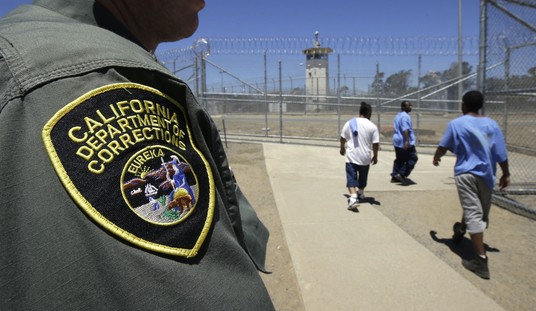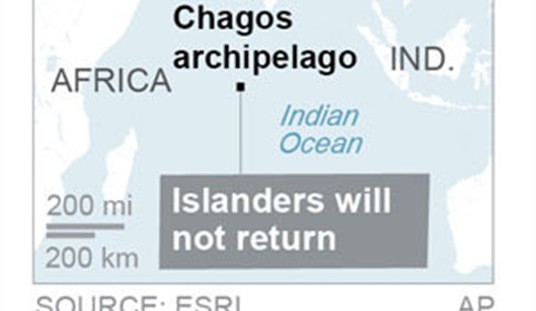The longtime king of Saudi Arabia, Abdullah bin Abdulaziz, passed away on Friday. But the death of the 90-year-old monarch didn’t seem to come as much of a shock to the Saudi establishment. When royal officials acknowledged Abdullah’s death, it was also revealed that Crown Prince Salman would succeed his brother. For the time being, the succession process seemed to have preserved stability in the Saudi Kingdom.
Within hours, traders who speculated that the new king may take a critical look at Saudi policies, which have allowed crude prices to collapse in recent months, created a rally in the oil markets. Overnight, crude prices spiked by $1.18, a 2.4 percent increase. “Crude oil prices pared gains on the news [of a European Central Bank bond buying program], but Brent was still 1.3% higher at $49.15 a barrel mid-morning” The Guardian reported. “Many analysts do not expect Saudi oil policy to change.”
But just how rational is the exuberance over what looks to be a stable Saudi succession process? Maybe, foreign analysts should curb their enthusiasm a bit. The 79-year-old future monarch is known to be in poor health and to suffer from dementia. As one Middle East analyst told The Washington Post, the rise of a potentially unstable and ailing new king to the Saudi throne at a time when the region is in crisis is not a promising sign.
“Despite so many people saying it will be a smooth transition, there’s every reason to believe that Saudi Arabia is heading for rough times,” Simon Henderson, an expert on the Saudi succession at the Washington Institute for Near East Policy, said in an interview Thursday.
“Having a king with dementia is the last thing they need at this difficult time,” Henderson said. “Yemen is falling apart, ISIS is knocking at the door. . . this is an extraordinarily dangerous Middle East from a Saudi perspective.
He forgot to mention Iran, which is in competition with Saudi Arabia and other Middle Eastern powers for regional hegemony. Some see the collapse of the Yemeni government by rebels with links to Tehran as a sign of the Islamic Republic’s expanding empire and a direct challenge to Saudi dominance on the Arabian Peninsula.
And what crisis in the Middle East would be complete without a bit of dangerous religious extremism? As some suggest, the region’s Shiites may just see the death of the Saudi king as one of the signs of the end times. Writing in AL-Monitor, Rohollah Faghini noted that the brand of Islam that dominates Iran could see Abdullah’s demise as the start of a cycle of events that will culminate in the second comings of Jesus Christ and the divine Imam Mahdi.
The Shiites believe that divine Imams are heirs to the political and religious Ummah, or Islamic nation. These 12 imams are successors to the Prophet Muhammad and to the head of the caliphate, with Mahdi being the final Imam who disappeared, or went into occultation. Mahdi will be revealed only in the end-times, along with Jesus, to deliver peace to the world.
According to the book “250 Signs Until the Appearance of Imam Mahdi,” Prophet Muhammad said: “On doomsday, a man who is carrying the name of an animal ascends to the throne, after which a man named Abdullah comes to the power. Whoever informs me of his death, I will inform him of the rise [of Mahdi]. After Abdullah passes away, for several days and months, the government will appear.”
A seminary teacher based in Qom told Al-Monitor on condition of anonymity, “The animal-named man can be King Fahd because one meaning of Fahd’s [name] is rapacious animal and cheetah, which matches what Prophet Muhammad said.”
The Bahar al-Anvar, a book of hadiths, quotes the sixth Shiite Imam Sadegh as saying: “When Abdullah dies, people will agree on no one, and this issue will be kept alive till the rise of Imam [Mahdi]. An age of a hundred-year reign comes to an end, and an age of a [kingdom lasting] a few days and months arrives.”
Well, that’s comforting.
The Post noted that the succession process is not yet finalized and the process could grow contentious in the body of royal family members that will assemble to consider claims to the throne. The al-Saud family has a history of putting past differences aside with the shared aim of preserving their rule, but The Post warned that fighting behind closed doors could paralyze the Kingdom for an indeterminate period. And, if you believe scripture, that could usher in the end times. If you’re the superstitious sort.
In short, it seems a prudent course to reserve judgment before pronouncing the Saudi succession process an unqualified success.







Join the conversation as a VIP Member